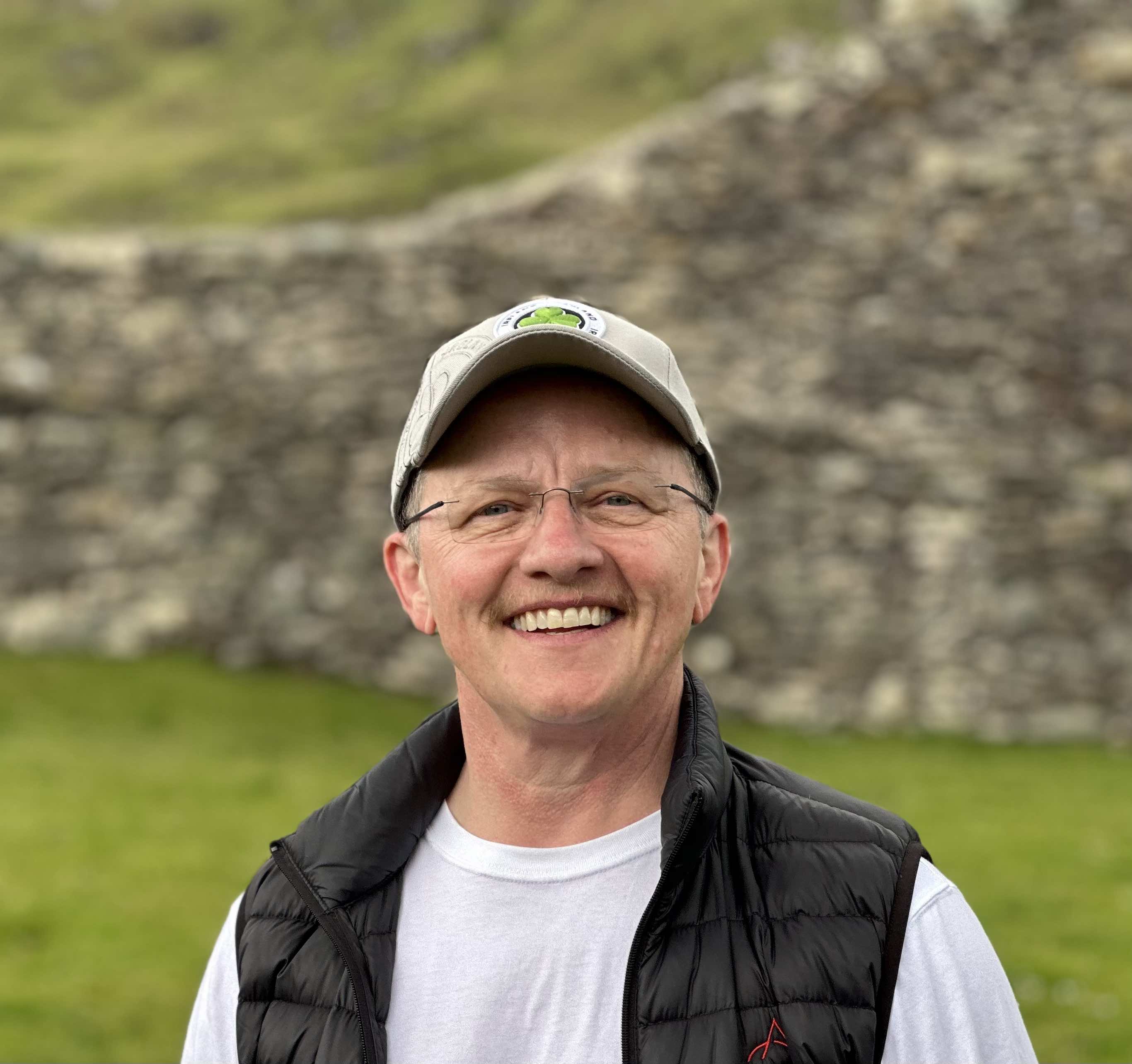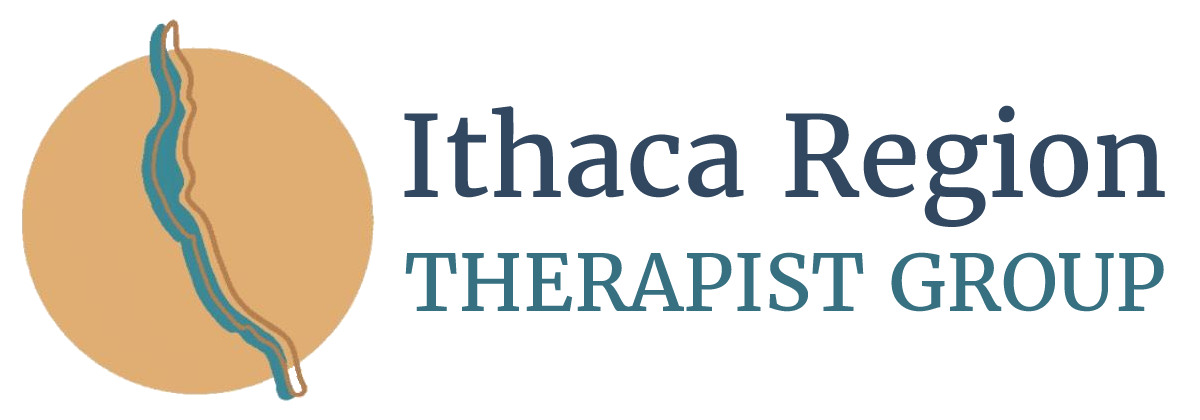Spotlight
Spotlight: J McKnight LCSW

My name is J McKnight. I’m a clinical social worker, and I’ve been practicing in this region since I moved here in 2015. One thing I appreciate about this area is the unceasing splendor of the natural world!
What are some of your personal beliefs about the human capacity for change and growth?
Beliefs: change is inevitable, and a good deal of human suffering arises out of our resistance to change. The human capacity for growth is tremendous, both biologically and spiritually wired in. How and whether we grow depends a lot on our capacity to meet what’s happening, whether we label the conditions of our lives as adversity or blessings. As far as what happens in therapy, I believe there’s a great opportunity in the relational field for our habits, wounds, gifts, and strengths to be illuminated in service to growth, healing, or whatever you understand to be the unfolding of life towards thriving.
I’m also a big fan of practices that support growth in the direction of mastery. Especially those that expand our experience beyond the conceptual, language-based, and often individual-focused ways of being. By practices, I mean activities that involve sustained focus and rhythm, and that include somatic and/or creative aspects. Preferably with others! Preferably with teachers! Whether it’s cooking or taiji or singing (three of my favorites!), anything we do with awareness and diligence will inevitably create the conditions for growth. And joy! Which is essential to well-being.
What role does ongoing professional development play in your work?
Being well into my seventh decade on the planet and third decade as a healing professional, it feels imperative to tend the mind, body, and spirit of the one who is doing the work. We are living in unprecedented times of such great chaos and collapse, and our clients and patients, loved ones, neighbors, and colleagues are living with incredible stressors as well as opportunities for healing and transformation. My capacity to provide skillful and effective psychotherapy depends on my ongoing commitment to bear witness to all that is unfolding around us and to be part of the collective vision of interdependent thriving that is the existential challenge facing humanity. Whether I’m in a session with one person, or engaged in my own practices, or in community, I often ask the question: what wants to take its course, and how to support it?
Although it doesn’t count towards CEUs, I consider my Zen Buddhist practice, both in my daily life and in community, to be a major contributor to my ongoing development as a human, and its impact on my professional skills and capacity has been incalculable.
What steps do you take to create a safe and non-judgmental space for your clients?
It’s an energy thing. Even though the majority of my sessions are via telehealth, I try to stay focused on the mammalian aspects of our experience together. And whether I’m saying it explicitly or not, I’m trying to communicate the paradoxical message that goes something like “you can trust me, and you don’t have to trust me.” Several popular models of therapy talk about “parts,” which I find really useful, and I want to establish a relationship both with the parts concerned about safety (defenses), and also the parts that are seeking to change. This requires vulnerability. Some of the most safety-seeking folks are also deeply longing for connection, which is inherently risky because we have to open up to receive.
The non-judgmental aspect for me has a lot to do with identifying where the shame triggers are and working with those responses in ways that support a counter-narrative. If we can touch those super tender places together, and I can bring genuine compassion and curiosity to parts that feel bad or wrong or broken or disgusting, then there’s a chance the person can experience something else besides shame. That’s where some really profound healing can happen.
How do you approach the topic of trauma with your clients, and what are some effective strategies for healing?
Over the 20-something years I’ve been in the field, I’ve gone from a place of wishing there were more information and cultural discourse around trauma to feeling like it’s a really overused word that, in many ways, has lost meaning. For people who have experienced traumatic events and are dealing with the after-effects of those assaults to their sense of intact well-being, my approach is usually to balance basic information (about human neurosystems, attachment theory) with what is considered to be fundamental trauma treatment (start with safety and stability before engaging in content or experience that can be retraumatizing). For me, this can be some of the most rewarding psychotherapeutic work because people can experience radical shifts in their sense of self and capacity to relate to others and the world.
Some of the challenges I’ve encountered in this area involve the ways folks can become identified with their traumatic experiences in ways that limit the capacity for change. It’s tough to see the ways an entrenched victim narrative can keep folks stuck in a suffering place. Also, in this climate where there is such a proliferation of information about mental health, and a tendency towards self-diagnosis, I find it discouraging to encounter people who have ascribed trauma to experiences that don’t meet the diagnostic criteria for trauma. Not to lean too heavily on diagnoses, per se, but I don’t think it’s helpful when what Marsha Linehan might call “ordinary pain” gets named as trauma. Pain is real, serious, and it gets our attention. It wants healing and that’s a big part of our job as therapists. And traumatic experiences have a specificity that I believe requires clarity in our understanding and relationships with our clients and patients.

